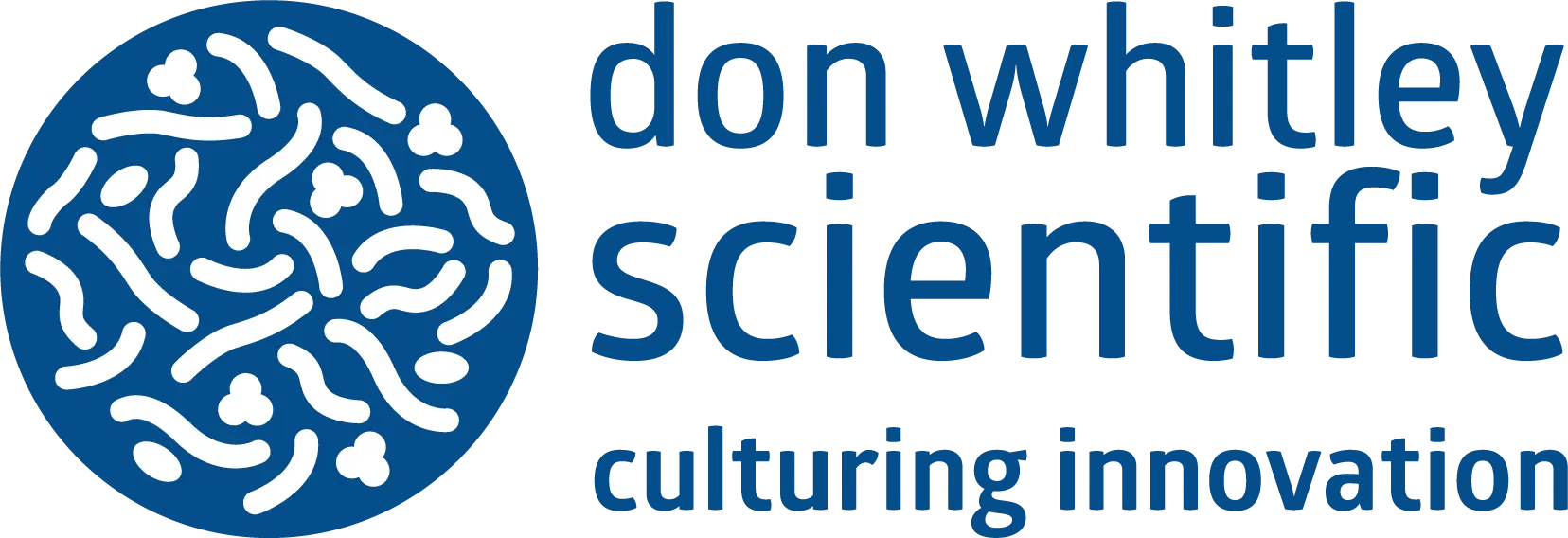
In last month’s Cell Press webinar, Dr Randall Johnson of the University Cambridge and Dr Hannele Ruohola-Baker of the University of Washington spoke about the role of the hypoxic microenvironment in physiological contexts as diverse as cancer, hypertension and stem cell differentiation. Dr. Johnson described the regulatory functions of the HIF-1α and β isoforms on the hypoxia response, specifically on nitric oxide production via the enzymes inducible NO synthase and arginase 1. Inhibition of HIF-1α results in reduced NO production and can actually decrease tumour metastasis, while alterations in HIF-1β have the opposite effect.
Dr. Ruohola-Baker spoke about the transition of naïve to primed stem cells taking place in the hypoxic environment of the uterus, and about the role of HIF-1α and β in the re-programming of somatic to pluripotent stem cells. Metabolic differences in the stem cell states can be traced to epigenetic factors acting on the HIF pathways. Both talks reflected the importance of conducting any type of cell-based research at parameters which mirror the natural biological state, to allow cell functions to proceed consistently.
Don Whitley Scientific, manufacturers of the Hypoxystation, and our American subsidiary, HypOxygen, were honoured to sponsor this Cell Press webinar, and we want to thank Drs. Johnson and Ruohola-Baker for their excellent talks. The Hypoxystation is designed to create hypoxic conditions within a closed temperature and humidity controlled environment and thus enable researchers to culture cells at physiological conditions mimicking the in vivo situation.
You can now listen to the webinar at your convenience. Click here to register for access.
Words by Dr Burga Kalz Fuller.


 au
au


 English
English